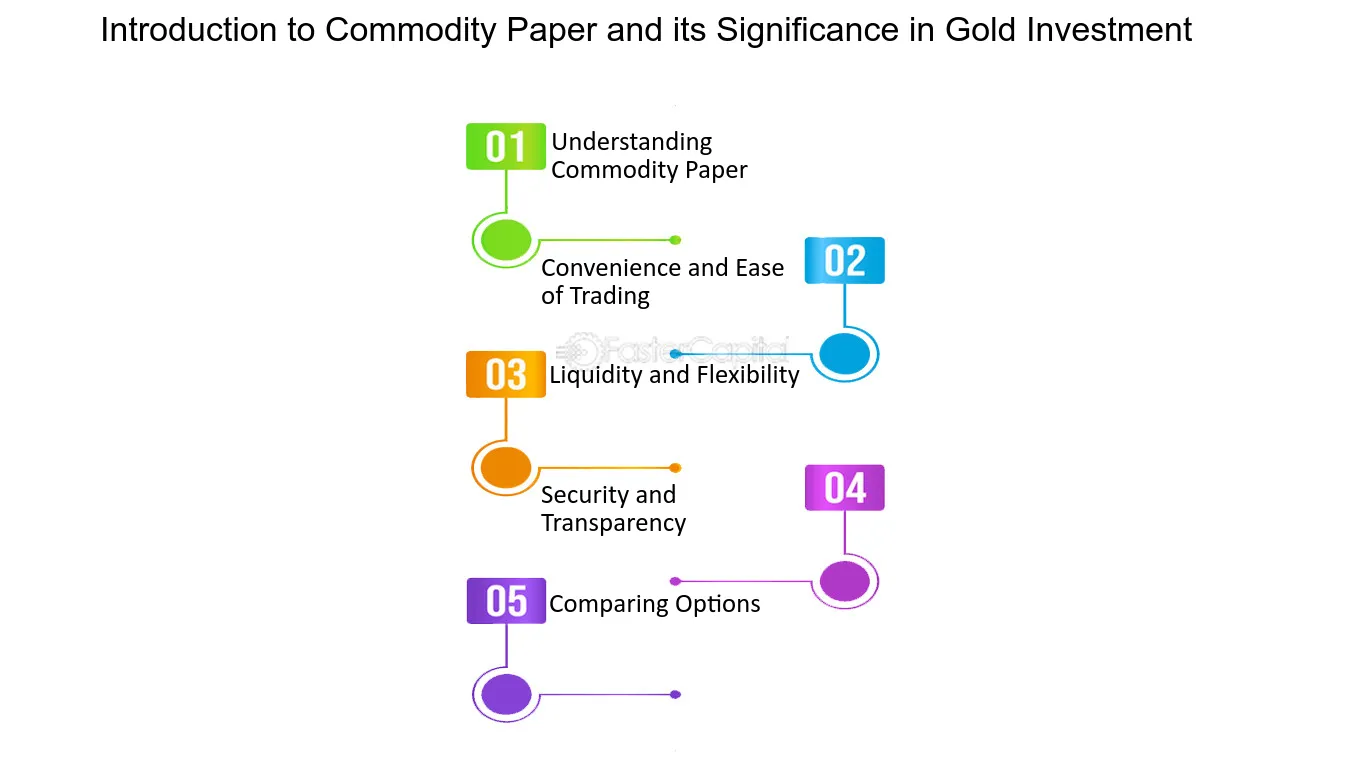Investing can be a complex landscape, filled with various options, each carrying its own set of risks and rewards. Among these options, “paper gold” stands out as a convenient and accessible way to participate in the gold market. But before diving in, it’s crucial to understand what paper gold is, how it works, and whether it aligns with your investment goals and risk tolerance. This guide will explore the nuances of paper gold, helping you make an informed decision about its suitability for your portfolio.
Understanding Paper Gold
Paper gold refers to investment instruments that track the price of gold without requiring you to physically possess the metal. These instruments offer a way to gain exposure to gold’s price fluctuations without the storage and security concerns associated with physical gold.
Types of Paper Gold Investments
- Gold Exchange-Traded Funds (ETFs): ETFs are investment funds that hold physical gold or gold futures contracts. Shares of the ETF can be bought and sold on stock exchanges like regular stocks.
- Gold Futures Contracts: These are agreements to buy or sell gold at a predetermined price on a future date. Futures contracts are typically used by sophisticated investors and traders due to their leveraged nature.
- Gold Mining Stocks: Investing in companies that mine gold can provide exposure to the gold market. However, the performance of gold mining stocks can be influenced by factors beyond the price of gold, such as company management and mining operations.
- Gold Certificates: These certificates represent ownership of a specific quantity of gold held by a custodian.
Advantages of Investing in Paper Gold
- Accessibility: Paper gold is easily accessible to most investors through online brokerage accounts.
- Liquidity: Paper gold investments, particularly ETFs, are generally highly liquid, meaning they can be bought and sold quickly.
- Lower Storage Costs: You avoid the costs associated with storing and insuring physical gold.
- Divisibility: You can invest in smaller amounts of gold than you might be able to with physical gold.
Disadvantages of Investing in Paper Gold
- Counterparty Risk: Some paper gold investments, such as futures contracts, involve counterparty risk, which is the risk that the other party to the contract will default.
- Tracking Error: ETFs may not perfectly track the price of gold due to management fees and other factors.
- No Physical Possession: You don’t actually own physical gold. This can be a drawback for some investors who prefer the tangible security of owning physical assets.
- Market Volatility: The price of gold, and therefore paper gold investments, can be volatile and subject to market fluctuations.
Is Paper Gold a Good Investment for You?
The suitability of paper gold as an investment depends on your individual circumstances, investment goals, and risk tolerance. Consider the following factors:
- Investment Goals: Are you looking for long-term capital appreciation, a hedge against inflation, or short-term trading opportunities?
- Risk Tolerance: Are you comfortable with the volatility of the gold market?
- Investment Horizon: How long do you plan to hold the investment?
- Diversification: How does paper gold fit into your overall investment portfolio?
Factoid: Central banks around the world hold significant gold reserves as a store of value and a hedge against economic uncertainty.
Alternatives to Paper Gold
If paper gold doesn’t seem like the right fit, consider these alternatives:
- Physical Gold: Buying gold coins, bars, or jewelry.
- Precious Metals Mutual Funds: Funds that invest in a basket of precious metals, including gold, silver, and platinum.
FAQ ⎯ Frequently Asked Questions
What is the difference between paper gold and physical gold?
Paper gold represents ownership of gold indirectly through financial instruments, while physical gold involves owning the actual metal.
Is paper gold safer than physical gold?
Neither is inherently safer; each has different risks. Paper gold avoids storage risks but introduces counterparty and tracking error risks. Physical gold avoids these but introduces storage and security risks.
How do I buy paper gold?
You can buy paper gold through online brokerage accounts, financial advisors, or directly from issuers of gold certificates.
What are the tax implications of investing in paper gold?
The tax implications vary depending on the type of paper gold investment and your country’s tax laws. Consult with a tax advisor for specific guidance.
Can I convert paper gold into physical gold?
Some paper gold investments, such as certain gold ETFs, allow for conversion into physical gold, but this is not always the case. Check the terms and conditions of the specific investment.

